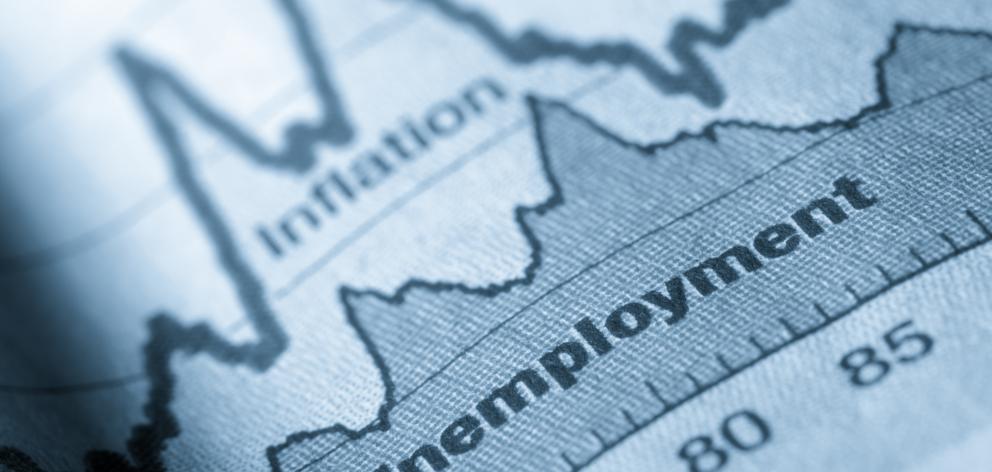
The Reserve Bank has held the interest-driving official cash rate (OCR) at its record 1.75% low as expected, but for the first time has said it could remain so through to 2020.
Reserve Bank governor Adrian Orr said yesterday he expected to keep the OCR at 1.75% into 2020, longer than projected in the bank's May statement.
''The direction of our next OCR move could be up or down.''
The OCR had been on hold since November 2016, and most analysts had been picking a move in mid to late 2019.
''We will keep the OCR at an expansionary level for a considerable period to contribute to maximising sustainable employment, and maintaining low and stable inflation,'' Mr Orr said.
ASB chief economist Nick Tuffley said the Reserve Bank's neutral stance remained clear through its continued reference that the next move ''could be up or down''.
''The growth outlook is weaker over the next year, and further risks from weak business confidence was acknowledged [by Mr Orr],'' Mr Tuffley said.
Mr Orr said while recent economic growth had moderated, he expected it to pick up pace during the rest of 2018 and be maintained through 2019.
''Robust global growth and a lower New Zealand dollar exchange rate will support export earnings,'' Mr Orr said.
Domestically, Mr Orr said capacity and labour constraints promote business investment, supported by low interest rates.
''Government spending and investment is also set to rise, while residential construction and household spending remain solid,'' he said.
Westpac senior economist Michael Gordon said the country's economic growth had fallen short of the Reserve Bank's earlier ''bullish forecasts'', which meant that it now saw less need to hike the OCR than previously.
''While growth has slowed, we don't think that it will remain as soft over the rest of this year as the Reserve Bank expects. June quarter GDP [gross domestic product] for instance, is actually shaping up quite strong,'' Mr Gordon said.
Mr Orr said risks remained to the Reserve Bank's central forecast, and the recent moderation in growth could last longer.
''Low business confidence can affect employment and investment decisions.
''Conversely, there is a chance that inflation could increase faster if cost pressures can pass through into higher prices and impact inflation expectations,'' he said.
The Reserve Bank's inflation target remains the mid-point of 1%-3%.
Mr Orr said there were welcome early signs of core inflation rising.
''Inflation will increase towards 2% over the projection period as capacity pressures bite,'' he said.
''This path may be bumpy however, with one-off price changes from global oil prices, a lower exchange rate, and announced petrol excise tax rises expected,'' Mr Orr said.
The bank would ''look through this volatility'' as appropriate, and only respond to any persistent inflation movements, he said.












